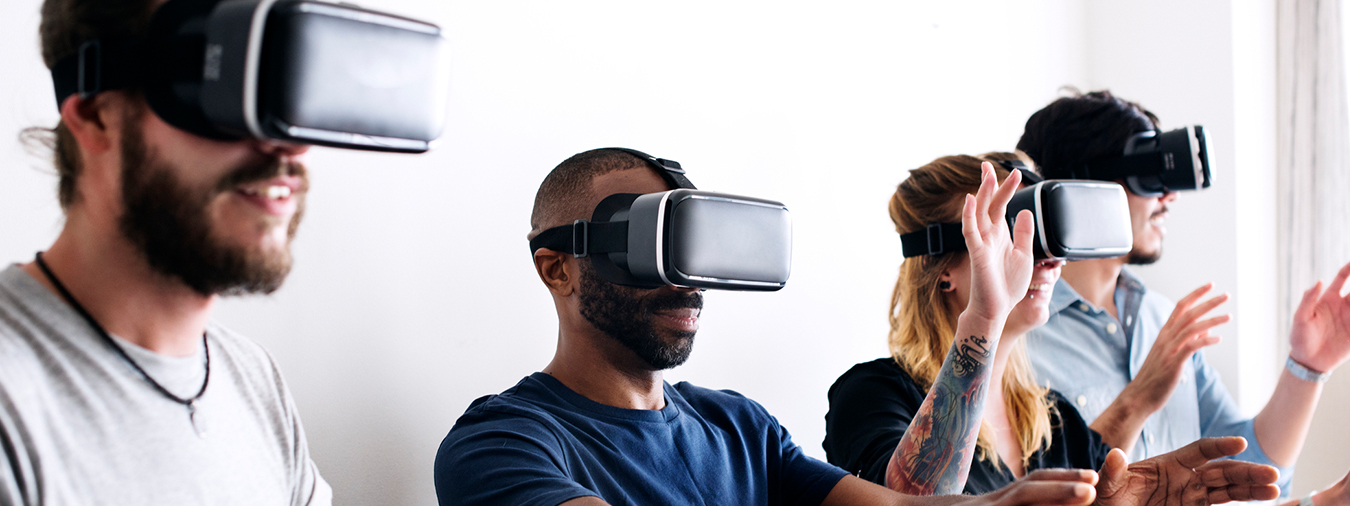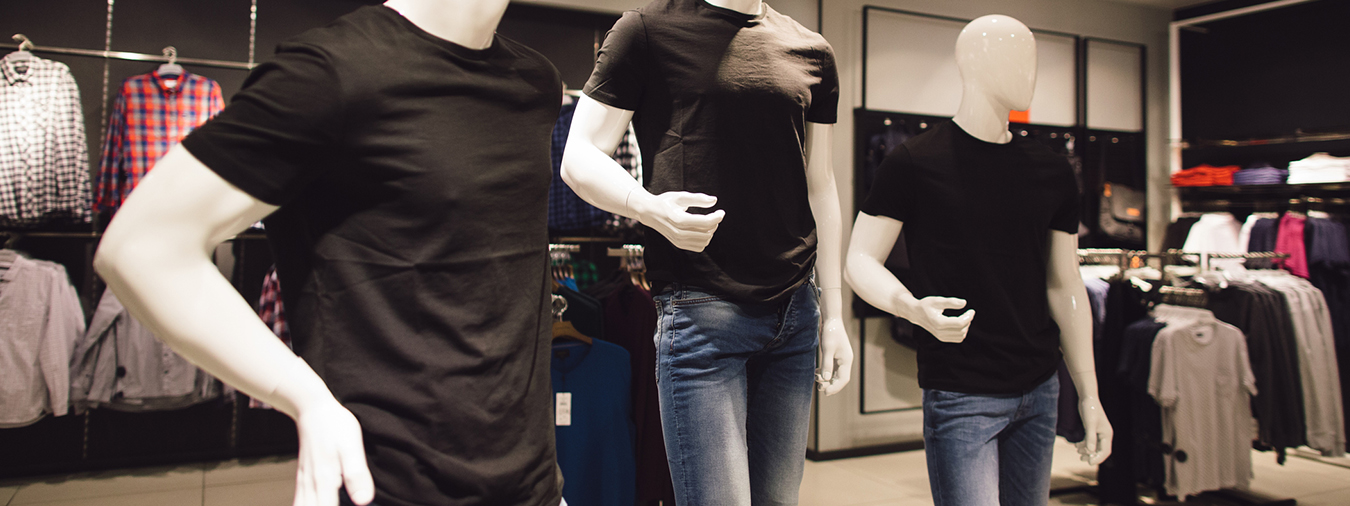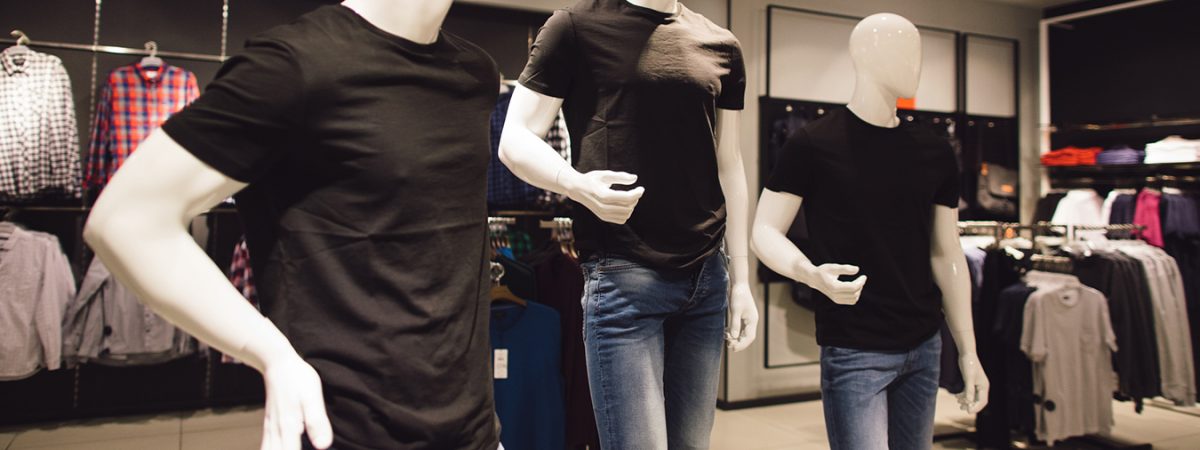Even though the longest January on record has now drawn to a close the tech world lacks a brake pedal and so it’s been another action-packed week at the Innovation Enterprise news desk. Following the announcement that its second headquarters will be located in Queens, New York, Amazon announced it is funding computer science classes in more than 130 New York City schools. Facebook has also announced it will be integrating WhatsApp, Messenger and Instagram and revealed record 4Q18 profits of $6.9bn, up from $4.3bn the year before.
Meanwhile, IBM has collaborated with Ford to use blockchain to monitor cobalt mines in DR Congo as the legacy tech giant announced plans to use one million diverse faces to train facial recognition to avoid bias.
Below, we highlight some of our other favorite stories, interviews and analysis from across our Channels.
Big data in healthcare: Top startups and what they will change
AI and big data is already disrupting pretty much all industries with their potential to totally disrupt business as usual, although nowhere is it as obvious as in the case of healthcare.
One of our contributors, Melissa Burns, takes an in-depth look at some of the healthcare startups that are riding the wave of the AI revolution and what their advancements could mean for the world.
BP invests $5m into AI startup
This week BP revealed an investment of $5m in AI startup Belmont Technology to strengthen and support its platform which integrates machine learning and cognitive computing in oil and gas exploration.
Of the investment, BP group head of technology David Eyton remarked: “This AI-based platform, which we’ve nicknamed Sandy, is expected to unlock critical data for our subsurface engineers at a much-accelerated pace. Our experts will ask it questions about our reservoirs like, “What factors control production in the Chirag field?””
VR market set to grow fivefold by 2024

Virtual reality (VR) has been a buzzword in industry for a number of years but compared to its rival technologies such as AI and the IoT, it has yet to make a significant splash – yet. Reportlinker predicts this is about to change and has projected that the VR market will reach a value of $44.7bn by 2024, up from a value of $7.9bn in 2018.
HTC, creator of the HTC VIVE headset, hit back at claims that VR was already dead, stating: “More and more, as people begin to understand the possibilities for virtual applications, word of mouth will grow and sales will continue their upward trajectory.”
Five ways AI will change the recruitment process
With more and more data becoming available in the business world every day, the use of AI in recruiting is set to increase significantly. Rick Delago looks at five use cases of AI which will make recruitment a more effective process for the industry.
Number five: “Candidate engagement: A recent survey found that 69% of all consumers prefer chatbots in engaging with businesses. The prevalence of recruiting chatbots in collecting candidate information and engaging candidates in conversation means human recruiters have more time to spend with the selected candidates for a more thorough evaluation.”
Gaming the system to drive business benefits for your workforce

Worker productivity is plummeting and while 72% of employees would work harder if they were appreciated with a comprehensive staff appreciation program, 62% stated they hardly ever or were never appreciated by their boss.
Thanks to technological developments, in particular IoT sensor technology, businesses today can measure employee activity in near-real time. This has led a number to “gamify” aspects of work using the instant feedback. Derek Ryan explores ways your business can enjoy the benefits of gaming the system to drive employee productivity.
Amazon to introduce AR “changing rooms”
Are you a fiend for buying loads of clothes online then hating them when you try them on? (We’re guilty of it too.) Amazon is attempting to solve this conundrum and improve efficiency in purchasing by developing “virtual mannequins” from users’ social media photos allowing them to try on outfits in augmented reality (AR).

What’s more, its algorithms are trained to analyze photos and appointments to find out a person’s job, the climate they live in and their hobbies and will use this data to give outfit recommendations.
“If the access device determined the temperature was hot, it may be more appropriate to display warm weather clothing rather than skiing clothes,” the patent application read.
“If a [calendar] event was entitled “business meeting with James” the images showing professional wear may be selected. If it was entitled “dancing with friends”, leisure or club-wear may be given preference during the selection process.”




